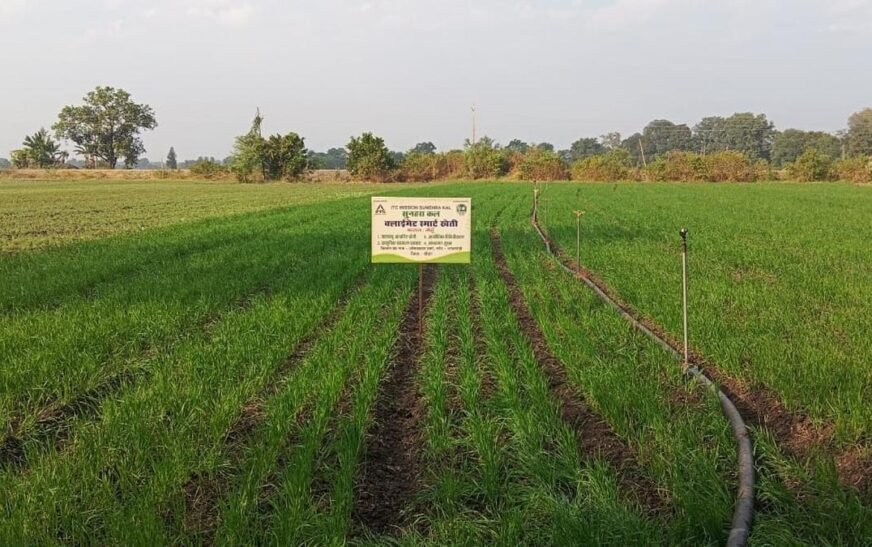The Standing Committee on Finance, chaired by BJP MP Bhartruhari Mahtab, has urged the Central Government to reconsider and remove the condition that excludes candidates from families of regular government employees from applying for internships under the Prime Minister Internship Scheme (PMIS).
“The Committee strongly recommend revising the criteria to focus solely on the₹8 lakh income limit, eliminating the exclusion of permanent/regular government employees to make the scheme more inclusive and equitable”, this Panel said in its report on MCA tabled in Parliament on Friday.
The report on Corporate Affairs Ministry’s (MCA) Demands for Grants for 2024-25 highlighted the two key provisions of the scheme’s eligibility criteria —exclude candidates if any of their family members earns over ₹8 lakh per annum or is a regular government employee.
The Parliamentary Panel is of the view that blanket exclusion of regular government employee families is unwarranted as many earn below ₹8 lakh and may need support under the scheme.
Ambitious vision
The Parliamentary Panel hailed the ambitious vision of the PMIS, which aims to provide internships to 1 crore youth over five years with an estimated expenditure of ₹ 63,000 crore.
The pilot phase, targeting 1.25 lakh internships in FY 2024-25, successfully integrates skill development, financial assistance, insurance coverage, and transparent processes through the PMIS portal, demonstrating a commendable effort to empower youth and bridge the skills gap, the Panel report added.
The Committee observed that ₹2,000 crores were allocated in the BE and ₹380 crores in the RE for FY 2024-25. These funds suffice for the pilot phase, but a dynamic reassessment of financial needs is crucial for scaling up, it added.
While these features are commendable, challenges persist regarding inclusivity, monitoring, stakeholder participation, and post-internship outcomes, which impact overall budget efficiency, the report added.
While the PMIS is in its pilot phase, the Standing Committee emphasised that the internship-to-employment conversion rate should be a key success indicator.
Therefore, the Committee recommended establishing a robust system to monitor and track this metric, ensuring the program effectively creates career opportunities and aligns with industry demands.
The Parliamentary Panel felt that the Scheme’s Monitoring, Evaluation, and Learning (MEL) framework is pivotal for transparency and timely corrections.
The Committee observe that collaboration with top 500 companies through CSR funding is a key strength, yet broader engagement with SMEs, Startups, and regional stakeholders is essential to ensure inclusive sectoral and geographic representation.
The digital portal and multilingual outreach enhance accessibility but require targeted campaigns for remote areas, it added.
Risks such as company misuse and inadequate internship oversight must be mitigated to safeguard outcomes, and there should be a mechanism to monitor them.
The Committee also felt that addressing the challenges faced by candidates from remote or underserved regions is crucial for ensuring equitable access to internships. The Committee felt without adequate support for living expenses, these candidates may be unable to participate, thereby hindering the program’s inclusivity and its potential to attract a diverse pool of talent.
The Parliamentary Panel further recommended that host companies align training programs with industry skill requirements to ensure interns are industry-ready. The Committee urged periodic independent evaluations for transparency and suggested relaxing eligibility norms for marginalised and economically weaker candidates to enhance inclusivity.
Under the pilot programme, as many as 280 corporates out of top 500 CSR spenders had offered 1.28 lakh internship opportunities. PMIS has in all received 6.2 lakh applications and the window for youth registration was closed on November 15. The first cohort of interns have begun their internship journey on December 2.


